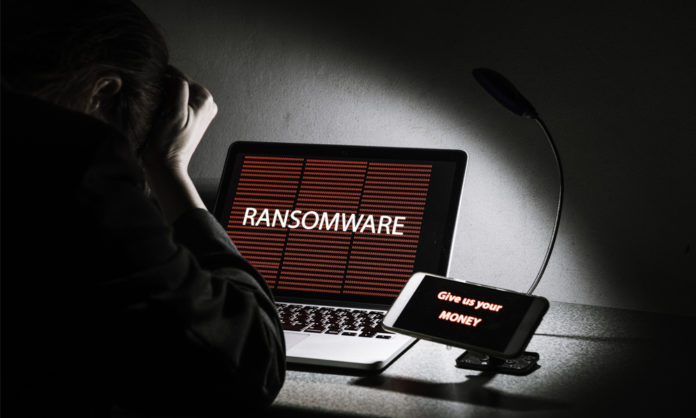

All those who are storing their backup data on NAS Drives here’s a news piece that could trigger a thought of the day in your mind. Researchers from Kaspersky have discovered that a new kind of ransomware is seen infecting NAS drives where companies and individuals usually store their backup data.
Russia based Kaspersky’s Q3 IT Threat Evolution report states that the new variant of the file encryption malware is sophisticated enough to lock files with high-end encryption which will need unique keys to decrypt. So, the device owner will only have a choice to pay a ransom to regain access to files.
Security researchers from Kaspersky say that this new ransomware which is yet to be named infects NAS devices in a new way, unlike the usual email or exploit kits planted on web portals.
Hackers are targeting NAS devices by scanning IP addresses and seeing which devices are accessible via the web. Then they install a Trojan using exploits and will encrypt those devices which are connected to the Network Attached Storage and exhibiting vulnerabilities.
“Till last year, Ransomware infecting NAS devices was only evident in the wild. But now the newly discovered malware happens to be only targeting NAS devices”, said Fedor Sinitsyn, security researcher, Kaspersky.
Fedor added that as this technology is proving profitable, it might double up next year and so business owners and those storing data on devices should remain cautious when storing data.
Javvad Malik, a security awareness advocate working for KnowBe4 advises business owners to store data on NAS systems that are disconnected from the internet most of the time. And also Malik adds that NAS device owners should be able to patch their systems to prevent criminals from directly affecting them.
Another security analyst named Kelvin Murray working for Webroot recommends users backing up data to ship their valuable information on drives to offsite locations. This practice helps when the on-site drives fail due to ransomware infection.
But isn’t it better to store your valuable data on multiple cloud platforms that prove economical and is maintenance-free?



















